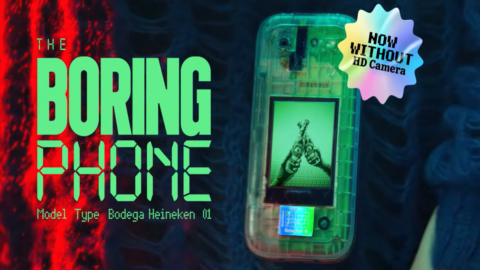Virtual reality, avatars, robots, digital whiteboards, 3D printers. While the old business model is being put away and companies are moving towards the Industry 4.0 era, the multinational consultancy PricewaterhouseCooper's (PwC) has decided to push on the digital innovation of companies and today launched in Rome, in collaboration with Google, the PwC's Experience Center. To open its doors in the capital, starting from Thursday 27 October, is a place of innovation about one thousand square meters large and dedicated to public and private companies, large and small, which, in the era of the web and the IoT, want innovate through new digital technologies.
Through precisely the experience, the experience, or the interaction with consumers, who are increasingly digital and therefore their expectations on the experience offered are the engine of the transformation of companies. “Today, the ability to dynamically innovate and review business models is the basis not only of success, but also of the survival of companies. As Network PwC we continue to support our customers in their path of innovation, not only digital, making sure that it is sustainable and capable of significantly and constantly improving results. The Experience Center is an important part of this strategy”, explains Ezio Bassi, Territory Senior Partner (TSP) of PwC in Italy.
THEExperience Center is a futuristic environment, a few steps from the Cristoforo Colombo, where everything – walls, blackboards, desks, panels – can be decomposing and recomposing each time shaping the spaces according to the needs of the companies. At the new center it is possible dialogue with an avatar robot who walks with us and brings us live facial expressions and words of a person living in New York or immerse themselves in a 360° virtual scenarios with the virtual reality, where you can watch papers that talk, cups that communicate and you can move images and texts with your hands from one wall to another, just like in the movie "Minority report".
To give an idea of what the scenario could become in the next few years, Pwc called the American cyberculture guru Kevin Kelky. “The future of technologies is unpredictable, I define it as inevitable – he says in a videoconference from Pacifica in California – and these are trends that will allow us to activate even more new technologies”. “What I think – he adds – is that one day all devices, all computers will be connected to each other, as we are all connected today, to the point of producing a very powerful 'world machine'. But it will not surpass the intelligence of man”.
Returning to the Experience Center, how do you interact with consumers? By making products ever smarter, i.e. by making physical products, whose structure and destination cannot be changed, incorporate more and more software. Like for example the shopping cart, project on which PwC is working with a big retailer, which through an app will be able to communicate with the consumer through the smartphone, providing useful services such as the possibility of compiling the shopping list and, through a device applied to the trolley itself and connected via blue tooth with the smartphone, to locate the products on the shelf and report them to the customer.
The new solutions offered by PwC to companies are based on these steps:
– co-planning, also carried out by collaborating with research centres, technological partners and people – consumers, citizens, users – who will use the designed solution;
– the analysis of consumption habits and behavior and the planning of experience paths, carried out using the ethnographic survey;
– prototyping, both of physical objects and software;
– access to the most innovative technologies, such as the Internet of Things, Virtual Reality, Augmented Reality, Artificial Intelligence, Robotics and Blockchain.
Despite the highly technological imprint, Ezio Bassi explains, “in the PwC Experience Centre the person, as the subject of conscious and unconscious experiences, is the center of everything. The working method is based on co-planning and the comparison of ideas. Prototyping is adopted because seeing and touching things helps to think. We seek, with new techniques, the comparison with the end users. And above all we tend to the maximum speed”.
This philosophy that PwC brings to Italy is part of a global scenario confirmed by “2016 Global Innovation 1000 Study” . In fact, the research shows that companies they are shifting investment in innovation from products to software and services. This step is due to the growing use of software incorporated into products as well as the possibility of connecting them to each other and to the Internet. Average investment in software and services, according to PWC analysis, grew from 54% to 59% between 2010 and 2015 and is expected to continue growing to 63% by 2020. On the other hand, l The average investment in physical product development fell to 41%, from 46% in 2010, and is expected to fall to 37% by 2020.
The heavy investment in software and services confirms its economic sustainability: the companies that have achieved a faster growth in revenues compared to their competitors are those that have allocated more resources to the software development of their products (25% more). As proof of these data, the research shows that investments in the acquisition of software and services companies are growing, compared to those dealing with mechanical and electronic hardware and above all that companies are adopting innovative tools to change their business model.




